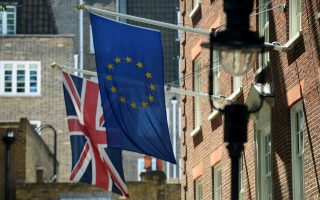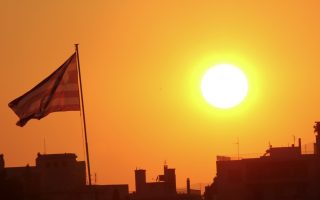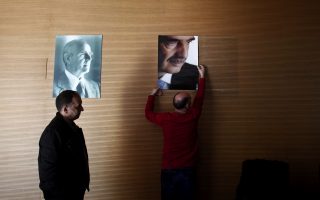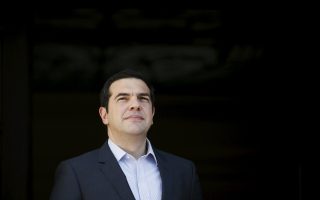The two sides of Greece
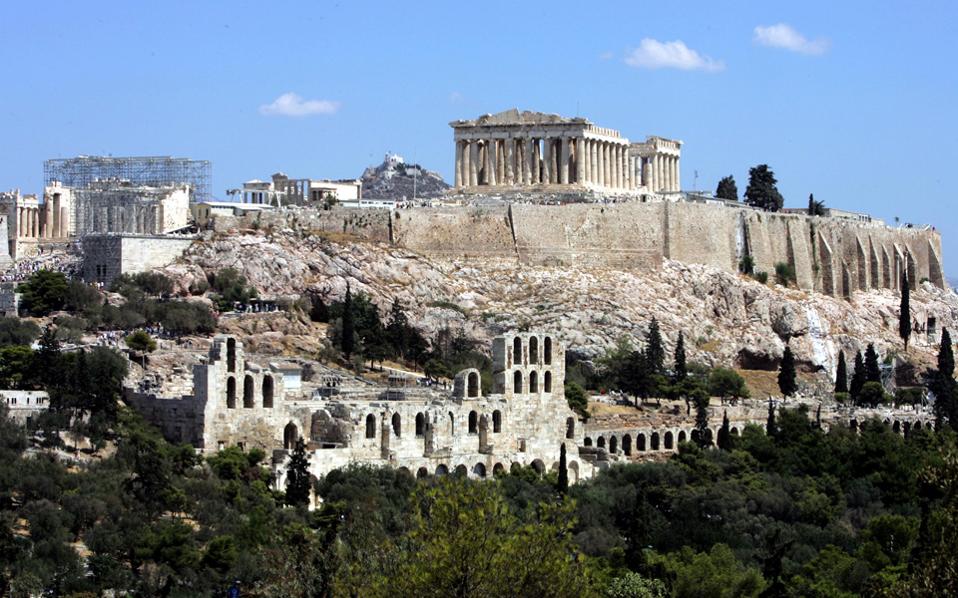
Every time I visit a Balkan country I think how fortunate we are. A journey across any provincial Greek road is not that different from driving along a Balkan one. We could very well be living in a typically Balkan country.
Was it chance or something else that set the country on a different path? Why is it that Greece stands out among its Balkan neighbors? We owe a lot to our predecessors. Our history would be a lot different without the existence of the Parthenon and if philhellenism had not lasted over two-and-a-half centuries. The country’s first steps were impressive and it went on to win over important allies at crucial crossroads. The West saw something familiar and valuable in Greece. This sentiment is still valid today, although it is somewhat weakened. Beyond Europe’s old establishment, a new generation of European leaders and citizens consider Greece to be just another country.
History, of course, is not based on sentiment alone. In the last two centuries Greece has played its geopolitical cards well. Driven partly by emotion but mainly by interest, the country doubled its territory, entered the world’s most private clubs (such as NATO and the EU) and ranked high on the global index in terms of per capita income.
Today’s Greece would be a smaller and poorer country – much closer to the Balkans than Europe – if Eleftherios Venizelos had not played his cards well, Ioannis Metaxas had sided with the Germans, Greece had passed over to the Eastern block because of a wrong move in Yalta or a different outcome in its civil war, and Constantine Karamanlis had not put the country in the EEC.
Despite it all, I sometimes feel that a strong force is pulling us towards what I would call our “bad, Balkan self.” Our disrespect for institutions, our need to feel we’re always the victim, our love for conspiracy, aesthetic disorder and sometimes sheer ugliness, are all surely part of our character. Of course no one would like to see a clinically sterile Greece. After all, our own DNA would not allow this, even with a massive northern European blood transfusion.
The problem is that at a certain point we became an institutionally Balkan country with a European facade. The last dozen of kilometers on the way to Pristina reminded me of Kifissias Avenue in the 2000s, although on a different scale and style: Badly constructed glass buildings with tacky interventions hiding ruined sidewalks and chaos.
Fortunately, we are light years away from Kosovo, Skopje, Albania and Bulgaria. But there is a difference. They know what they want to achieve and are giving it their all in order to achieve their targets, demonstrating strength and courage along the way. They want to become Europeans and reach our level. What is our goal as a nation?
